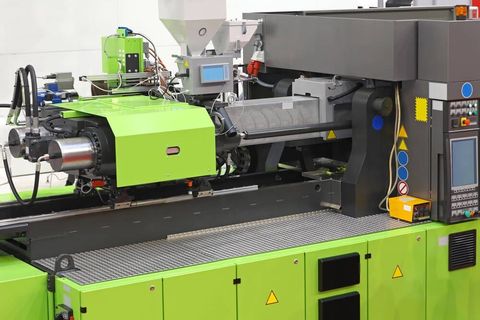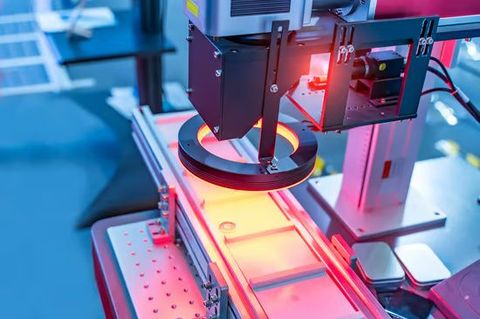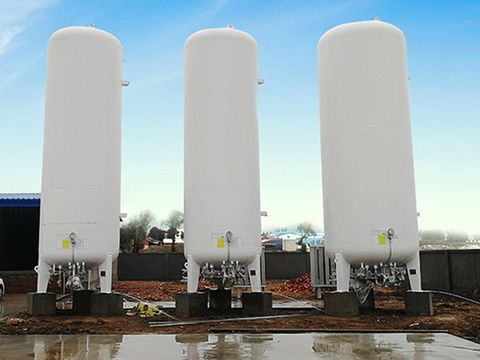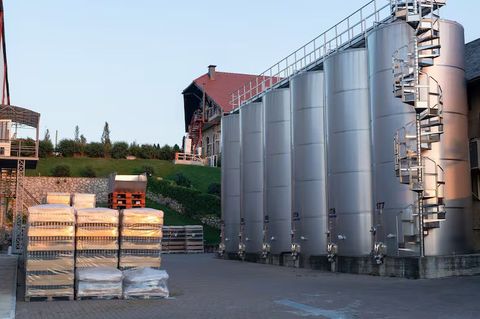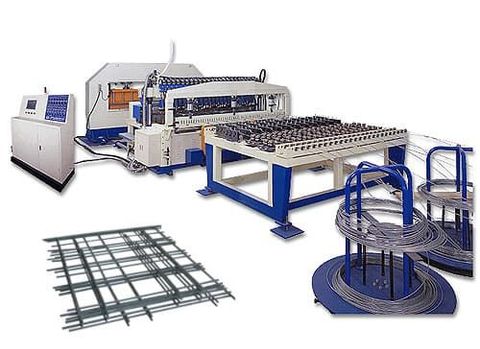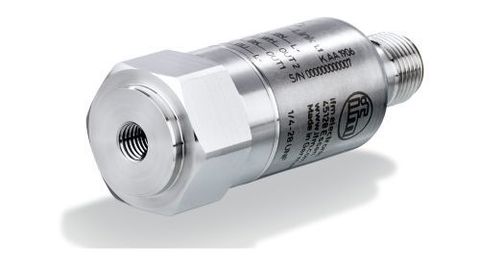Discover Smart Packing Machine Solutions for Faster Production
Packing machines are automated systems designed to fill, seal, wrap, or pack products efficiently in manufacturing and industrial environments. These machines exist because manual packing can be slow, inconsistent, and unsuitable for industries where high production volumes and precision are essential. Over the years, the need for faster production, safer handling, and consistent output has led to the adoption of a wide range of packing machine technologies.
Smart packing solutions combine automation, sensors, software, and precision engineering to simplify and accelerate the packing process. They are used across industries including food processing, pharmaceuticals, consumer goods, agriculture, e-commerce, and logistics. As more companies aim for efficiency and productivity, packing machines have become an important part of modern production lines.
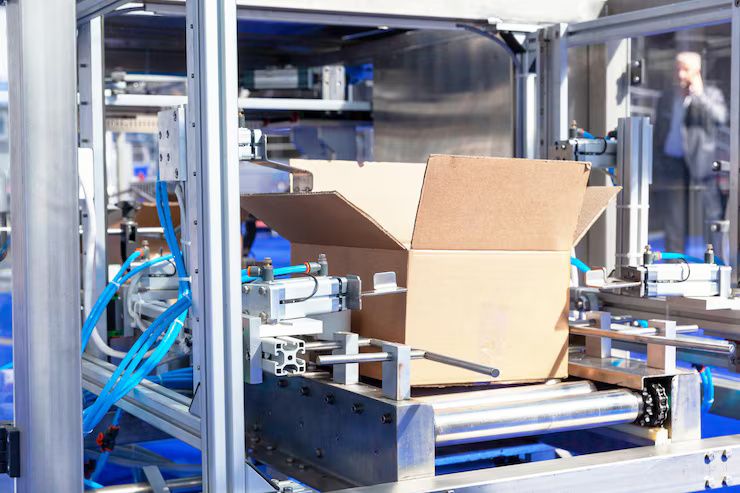
Importance
Packing machines play a central role in improving efficiency and supporting large-scale production. Their importance continues to grow as consumer demand for packaged goods increases globally.
Why this topic matters today
-
Industries are under pressure to produce faster without compromising safety or quality.
-
Automated systems help companies reduce operational costs linked to labor and time.
-
Growing e-commerce and fast-moving consumer goods industries require reliable packaging systems.
-
Smart machines help reduce human error, product waste, and manual handling.
-
Automation supports businesses facing workforce shortages in production and packaging areas.
Who it affects
-
Manufacturing companies
-
Food and beverage processors
-
Pharmaceutical producers
-
E-commerce warehouses
-
Logistics and shipping centers
-
Small and medium-scale businesses upgrading from manual packing
What problems smart packing machines solve
-
Slow manual packing speed
-
Inconsistent sealing or labeling
-
High product handling errors
-
Packaging material wastage
-
Inefficient workflow and poor production timelines
-
Limited scalability due to manual labor dependency
Smart machines streamline each step, enabling consistent outcomes while meeting industry standards.
Recent Updates
The packing machine industry has seen significant developments in 2024–2025 as industries focus more on automation and smart manufacturing practices.
Rise of AI-Integrated Packing Systems (2024)
AI-assisted packing solutions gained popularity for real-time error detection, optimization of material usage, and predictive maintenance. Systems equipped with computer vision can automatically detect incorrect packaging, reducing waste.
Smart Sensors for Quality Assurance (2024–2025)
Manufacturers introduced advanced sensors for measuring seal integrity, pack weight, filling accuracy, and moisture levels—helping maintain product quality.
Energy-Efficient Machines Introduced (Late 2024)
Companies focused on energy-saving motors and low-power components to reduce operational costs, aligning with global sustainability goals.
Increase in Modular Packing Machines (2024–2025)
Modular machines allow businesses to scale or modify their packaging lines without replacing the entire setup, making it easier to adapt to new product demands.
Cloud-Connected Packing Systems
Some advanced machines now offer cloud dashboards for monitoring machine performance, production data, and maintenance schedules remotely.
Safety Standards Strengthened (2024)
Updates in industrial safety guidelines encouraged stronger machine guarding, emergency stop systems, and compliance monitoring.
These updates reflect a shift toward smart, connected, and safer packaging environments.
Laws or Policies
Packaging and packing machine operations are regulated to ensure safety, quality, and environmental responsibility. Regulations vary by country, but most focus on product safety, equipment safety, and packaging materials.
Key regulatory areas
-
Machine Safety Standards:
Many countries follow OSHA (Occupational Safety and Health Administration) or ISO machine standards which mandate safe operation, proper guarding, and emergency controls. -
Food and Pharmaceutical Packaging Rules:
Machines used in these sectors must follow hygiene and contamination-control guidelines to maintain product integrity. -
Environmental Packaging Regulations:
Policies encourage recyclable packaging, material reduction, and waste management practices. Some countries require traceability for materials used. -
Energy Efficiency Programs:
Several regions promote energy-efficient industrial machinery to support long-term sustainability goals.
Overview of regulatory impact
| Regulation Area | Purpose | Impact on Packing Machines |
|---|---|---|
| Safety Standards | Protect workers | Mandatory machine guards and emergency triggers |
| Quality Rules | Ensure product integrity | Higher hygiene and precision requirements |
| Environmental Guidelines | Reduce waste | Adoption of recyclable materials and efficient systems |
| Industrial Compliance | Improve operations | Standardized documentation and inspections |
Compliance ensures that packing operations are safe, reliable, and aligned with international standards.
Tools and Resources
Organizations use various tools to improve their packing processes, compare machines, and track performance. These support better decision-making and smoother operations.
Packing Machine Selection Tools & Calculators
-
Production capacity calculators
-
ROI calculators for automation
-
Machine comparison platforms
-
Packaging material usage estimators
Industry-Specific Tools
-
Food packaging compliance checklists
-
Pharmaceutical packaging quality assurance templates
-
Workflow optimization software
-
Maintenance scheduling tools
Digital Platforms and Apps
-
Cloud dashboards for monitoring packing operations
-
Barcode and labeling software
-
Material tracking apps
-
Inventory management systems
Helpful Websites and Resources
-
Industry associations and manufacturing forums
-
Government guidelines on machine safety
-
Packaging material suppliers’ technical sheets
-
Automation training platforms
Machine Types Commonly Used
-
Vertical form fill seal (VFFS) machines
-
Horizontal flow wrap machines
-
Bottle filling and sealing machines
-
Pouch packing systems
-
Carton packing machines
-
Shrink wrapping machines
Access to the right tools and resources helps industries choose suitable machines and improve production efficiency.
FAQs
1. What is a smart packing machine?
A smart packing machine is an automated system that uses sensors, software, and advanced mechanisms to pack products quickly and accurately. These machines help reduce errors and improve efficiency.
2. Which industries commonly use packing machines?
Packing machines are widely used in food processing, pharmaceuticals, cosmetics, chemicals, household products, logistics, and e-commerce.
3. How do smart packing machines improve production speed?
They automate repetitive tasks, reduce errors, and maintain consistent performance. Sensors and controllers optimize each step, allowing faster throughput.
4. Are packing machines safe to use?
Packing machines must follow safety standards such as emergency stop buttons, protective guards, and clear operating guidelines. Modern machines include additional sensors for improved safety.
5. Do packing machines require frequent maintenance?
Maintenance depends on usage and machine type. Regular cleaning, lubrication, and inspection help maintain performance. Smart machines often send alerts when maintenance is needed.
Final Thoughts
Smart packing machines have become essential in modern production environments, helping businesses improve speed, accuracy, and overall workflow. By adopting automated and sensor-based solutions, industries can meet higher demand, maintain quality, and reduce waste. Staying aware of recent technological advancements, regulatory requirements, and useful tools ensures that businesses choose the right systems for long-term success. As production needs continue to grow, smart packing solutions will play an increasingly important role in supporting efficient, reliable, and sustainable manufacturing.

